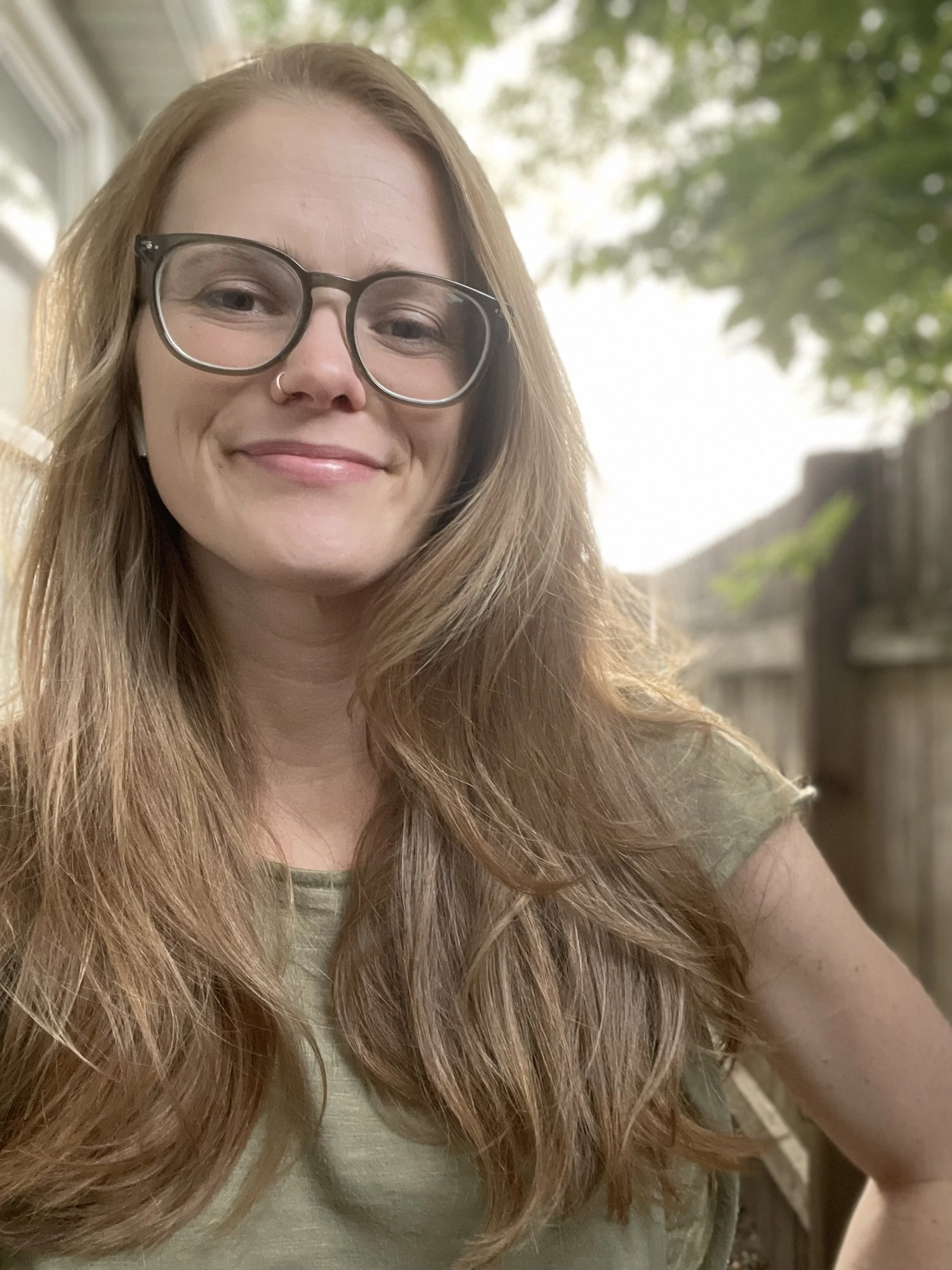Betsy (Maren) Lindeland, PsyD
About
Pronouns: She/Her
Occupation and Specialty: Clinical Psychologist
Location (Clinic/hospital): Private Practice in MN (Unfurl Psychotherapy), a small group practice called Bridge City Counseling or OR
Location (City): Virtual therapy across MN and OR, as well as PSYPACT states, no in-person options at the moment.
Offers Telehealth: Yes
Contact Information: https://secure.helloalma.com/providers/betsy-lindeland/ OR email betsyl@unfurlpsychotherapy.com
Bio: Betsy Lindeland is a psychologist who has specialized experience working with adults in the LGBTQIA+ community, neurodivergent folks, those struggling with disordered eating or recovering from diet culture, and people healing from trauma. She is EMDR-trained, a BodyTrust® certified provider, and has been trained through BraveSpace, LLC to provide evaluations for gender-affirming surgery. Betsy uses an integrative approach to therapy that is anti-diet, considers power and privilege dynamics as well as social determinants of health in treatment and assessment, and holds high regard for a person's intersecting identities.
Approach to care
What does it look like for you to provide care to patients in larger bodies? How is, or isn’t, your approach different from how you care for patients in smaller bodies? If you work with children, how is or isn’t your approach different when working with children?
I approach all clients from an anti-diet/fat lib lens, but take care to consider how the experience marginalization and discrimination of folks in larger bodies has impacted the development of their identities and presenting concerns, their access to and comfort with mental health and medical care, and what additional supports and accommodations they may need. I also think it's important to focus on ways to increases access to joy and pleasure for folks in larger bodies, and support community building if that is what someone is wanting.
What is your perspective on how weight is or is not related to health?
Obviously, the way our culture approaches weight in the context of health is completely awful. I believe that weight is not a good indicator of health and most studies that suggest it does do not take into account a person's history of chronic dieting nor weight discrimination, both of which have significant impacts on health. While there are some things that I consider important to health such as getting enough nutrition so that our bodies can function, getting adequate sleep, possibly finding movement activities that support a persons mobility and strength to do the things they want in life (while also acknowledging that not engaging in movement may be healthier for some folks with disabilities, injuries, or past exercise trauma), and being in community; an approach I take is to work with patients to decide what health means for them and not some external definition. I also like provide psychoeducation on healthism and medical misinformation as appropriate.
Finish this sentence: “Fat people are…”
fantastic, and deserving the same access to care, community, privileges, joy, and pleasure that everyone else gets.
How do you, your clinic, and the healthcare system you work in use BMI (i.e BMI cutoffs for accessing certain services, BMI on charts and printouts, etc)? Is this flexible?
N/A I'm a therapist so we don't do weights
If a patient declines to be weighed, how do you and/or your staff proceed?
N/A, but supporting a client's ability to advocate and set boundaries with medical providers around being weighed is something I do.
If a patient declines to discuss weight loss, nutrition, and/or exercise, how do you proceed?
Move on to something that the client feels more comfortable discussing or that feels more relevant to their needs! If a client has a presenting concern that directly relates to one of these (such as an eating or exercise disorder), I'll spend a lot of time trying to build trust and safety so that they feel more comfortable discussing these issues down the line. I don't force it.
What does the physical accessibility of your office space look like? What kinds of accommodations are present for people in larger bodies? Are there things you wish were in place that are currently not?
I provide virtual therapy, which tends to be pretty accessible to a lot of folks if they have access to a phone/computer and confidential space. When I did work in a clinic I advocated with the director for more size-inclusive spaces like making sure that there were chairs that did not have arm rests and/or that were specifically designed for holding more weight.
What do you do to allow fat people to feel comfortable and welcome in your office?
Most of the time I try to do what I do with all clients and be as open and authentic as possible, welcoming of feedback and questions, etc. I generally explain my approach to therapy early on, which includes being anti-diet and fat liberationist, and acknowledge that a lot of folks I see have negative histories of discrimination in social and medical settings, without trying to apply that to the client specifically unless they share their experiences.
If you’d like to use this space to talk about any identities (gender, race, size, sexuality, etc.) you hold and how this relates to your care, please do so.
I'm a cis-white female, queer therapist with thin privilege. I hold my awareness of my privilege and open to discussing and acknowledging it, and try to engage in as many training and learning opportunities to increase my awareness of the harm that can/has been done with my privilege and experiences of folks in marginalized groups I am not a part of. I can hold space for folks expressing anger towards groups I am a part of without taking it personally, and can also take ownership when I do step into a blind spot of mine (either by addressing it on my own after I notice if it feels appropriate, or validating feedback and trying to learn).

